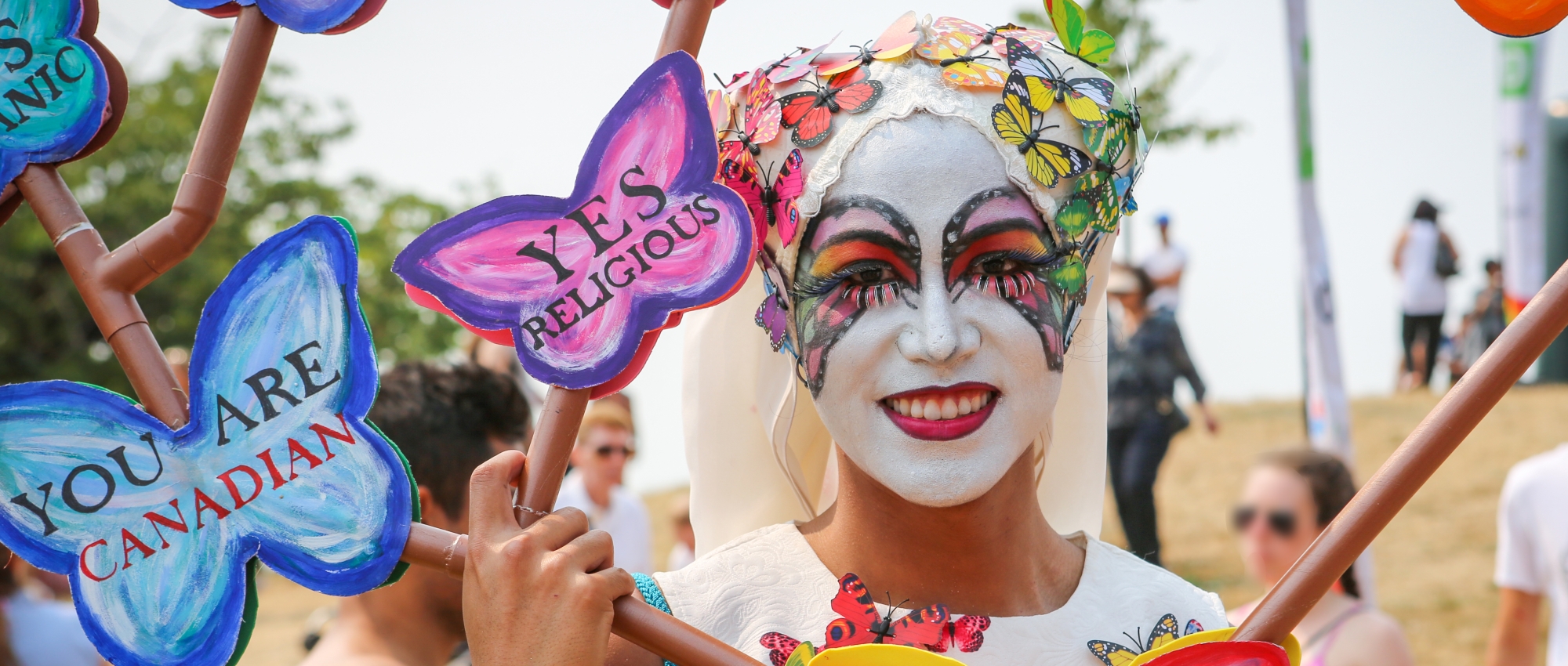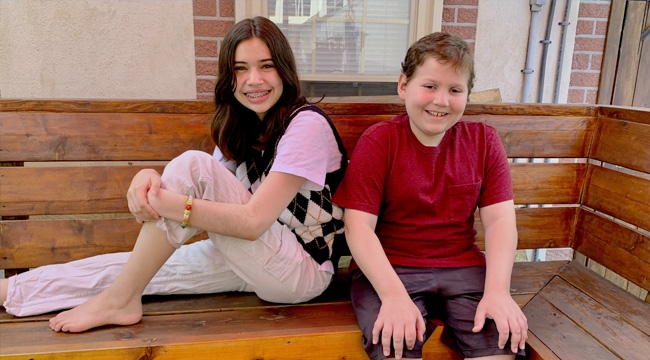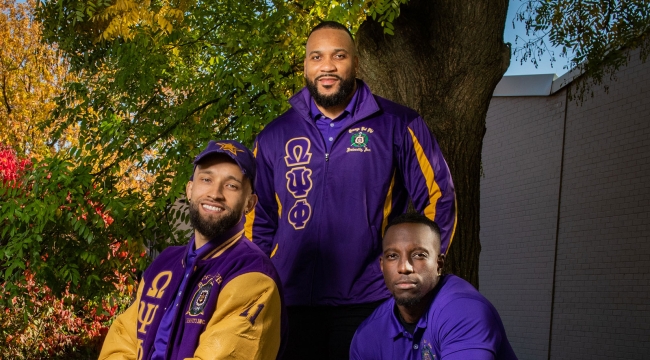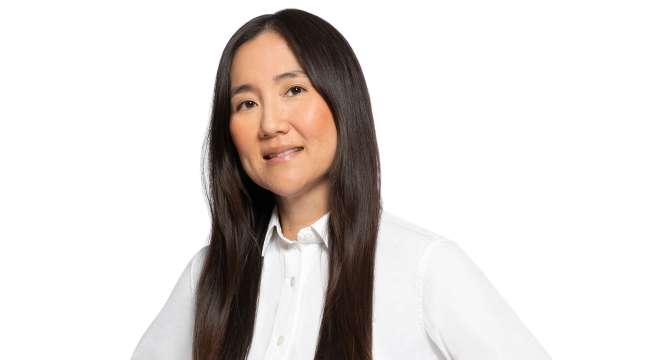Stem Cell Club volunteers aim to save lives with Pride Month campaign
They’re helping to inform gay, bisexual and queer men that they are eligible to donate stem cells. And you can help.
Justin Saint, seen here in a photograph from 2017 Pride celebrations in Vancouver, is a makeup artist and drag performer who is supporting Stem Cell Club’s online ‘Saving Lives With Pride’ campaign by creating and sharing videos. (Photo by Justine Beaulieu-Poudrier)
A national group of volunteers called Stem Cell Club has launched a new campaign to raise awareness that gay, bisexual and queer men are eligible to register as stem cell donors, and to encourage them to join Canadian Blood Services Stem Cell Registry.
“Since 2009 in Canada, men who have sex with men have been eligible to donate stem cells,” says Dr. Warren Fingrut, a hematologist and director of Stem Cell Club. “But I and many of the recruiters in Stem Cell Club have found that few Canadians know this, and few people from LGBTQ+ communities are aware of this.”
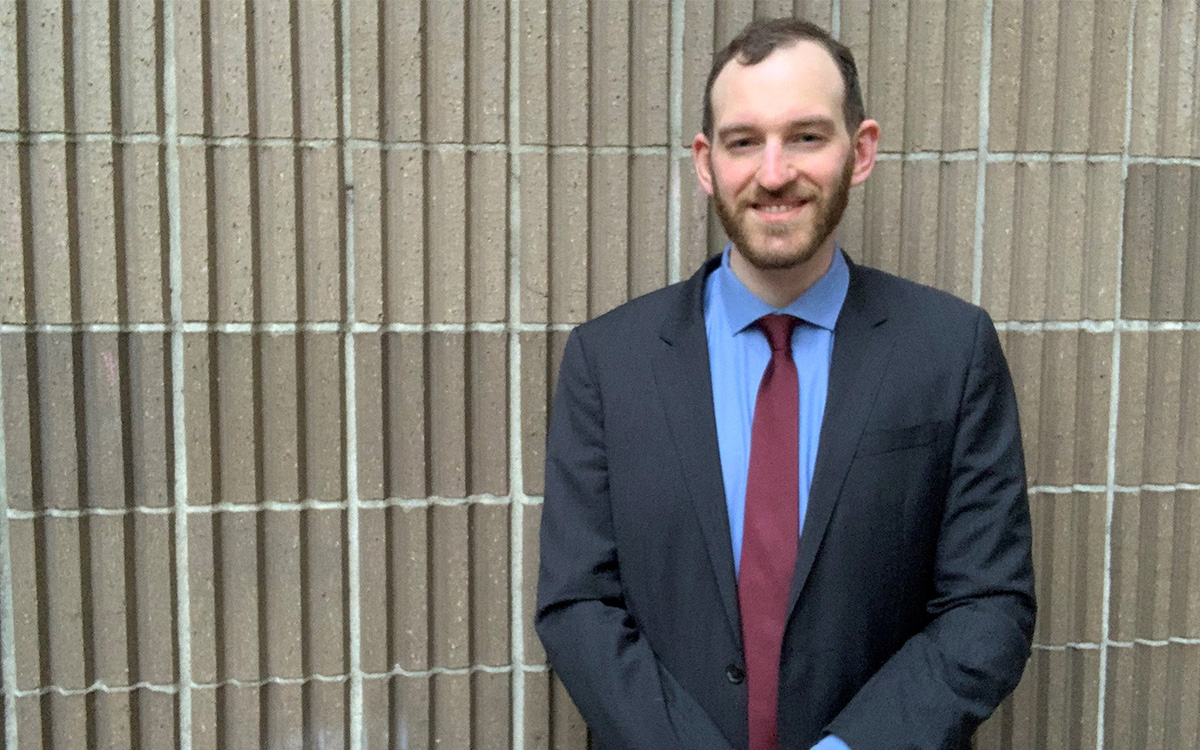
Dr. Warren Fingrut is the director of a national volunteer organization called Stem Cell Club. This Pride Month, the club is recruiting gay, bisexual and queer men to Canadian Blood Services Stem Cell Registry through its Saving Lives With Pride campaign.
Stem Cell Club volunteers ― many of whom are students at universities across the country ― have already recruited tens of thousands of potential stem cell donors through previous campaigns and events. The club helps meet the needs of hundreds of Canadian patients who require lifesaving stem cell transplants each year as a treatment for any of more than 80 blood cancers and disorders.
A patient is also most likely to find a match in a donor who shares their ancestral background. This is why Canadian Blood Services is constantly working to increase diversity within the registry with help from Stem Cell Club and other partners.
Stem Cell Club first began raising awareness in LGBTQ+ communities in 2018 and 2019, with a pilot campaign where volunteers recruited new potential donors in person at Pride festivals across Canada.
“We signed up hundreds of LGBTQ+ folks and allies, including gay couples who approached us to sign up together,” recalls Dr. Fingrut. “It was a very engaged response by the community.”
The club had hoped to continue that momentum by doing more in-person recruiting this year, but the pandemic forced a change of plans. This year’s Saving Lives With Pride campaign, which officially launched June 21 to coincide with Pride Month, is virtual.
Stem Cell Club volunteers ― including several gay men and performers ― have created videos and other campaign resources. Anyone can join the campaign by sharing those materials on social media.
Justin Saint of Vancouver, B.C. is one of the volunteers supporting the campaign with creative, shareable content like the video above. Like many gay men, he previously had no idea that he was eligible to join the stem cell registry. As a university student, he’d organized a group to donate blood, motivated in part by a desire to give back to a community which had seen him through a difficult coming-out experience. But it wasn’t long before he started a new relationship and became ineligible to keep donating.
Learn more about our evolving blood donation policies for men who have sex with men
“So shortly after, everyone was like, ‘Well, I guess you can’t join us for the next blood drive,’” he recalls. “And I guess for a community that already gets excluded so much, it never feels good to add another reason.”
Saint describes it as “a relief” to learn he could help patients with stem cells. In fact, not only is he eligible, he is likely an optimal candidate for the registry. That’s because in addition to being between the ages of 17 and 35, he is also of mixed ancestry (Filipino and Chinese), a group that is currently underrepresented among prospective donors in Canada. And male stem cell donors are more likely to be matched with recipients because they offer better patient outcomes after transplant.
Few potential stem cell donors are Black. She’s working to change that
An Indigenous stem cell donor’s journey
Dr. Fingrut is proud to include transplant physicians as supporters of the Saving Lives With Pride Campaign. They’ve submitted video statements to send gay, bisexual and queer men a clear message: you are welcome here. It’s an important signal, Dr. Fingrut says, for a group that has not only been excluded from blood donation, but which faces stigma within the health system more broadly. Some of the men with whom Dr. Fingrut has spoken in focus groups say they’re anxious about how health professionals would treat them if they were actually matched to a patient.
“Physicians want to reassure those who would consider being donors, who are from these communities, that they’ll be treated sensitively, and with respect and dignity, in accordance with the heroism of their donation,” says Dr. Fingrut, who has also been delivering workshops to medical school students and to the public about blood and stem cell donation by gay, bisexual and queer men. Those workshops have been developed with support from a Canadian Blood Services BloodTechNet grant, and they also help guide participants to advocate for a more inclusive blood system.
The ability of gay, bisexual and queer men to become stem cell “heroes” is not theoretical, Dr. Fingrut points out. Men in these groups have already helped save the lives of patients. Stem Cell Club showcases one of those stories in a TikTok video, as well as within its powerful Why We Swab library on Facebook, Twitter and Instagram.
“Susan Doherty Hannaford, a Canadian patient, was saved by a gay man, an unrelated donor who she didn’t know,” Dr. Fingrut explains. “She later went on to meet her donor and his partner.”
Susan Doherty Hannaford supported Stem Cell Club’s Saving Lives With Pride campaign by sharing her story in the video above, as well as in a series of Instagram posts in Stem Cell Club’s Why We Swab library.
The campaign is being run in partnership with the Canadian Queer Medical Students Association. It also has the support of the Abbey of the Long Cedar Canoe. That’s the Vancouver chapter of the Sisters of Perpetual Indulgence, an order of queer nuns which started 40 years ago in San Francisco and which now has nuns in four Canadian cities. The order has a long history of advocacy in health care dating back to the HIV crisis of the early 1980s, and Sister Diversity Rains of Vancouver was pleased to record a testimonial in support of the mission of Saving Lives With Pride.
Ivan Bocanegra, a Toronto campaign volunteer who performs in drag as Ms. Shay Dee, hopes the Saving Lives With Pride campaign won’t need to be entirely virtual. In addition to the video he created with two other performers, he also hopes to be able to spread the word about stem cell registration and donation within the community, as people resume dining on patios and other social activities, pandemic-permitting.
Even though Bocanegra has a background in public health, he was unaware until recently that gay, bisexual and queer men could register to donate stem cells. He also didn’t know that most of the time, the process of donating stem cells is very similar to the process for donating blood.
“I always thought it involved going into surgery,” Bocanegra says.
Learn more about how stem cell donation works
While the Saving Lives With Pride campaign officially runs June 21-30, Dr. Fingrut says it will remain online year-round. He plans to improve the materials based on feedback from focus groups of gay, bisexual and queer men, and to repeat the campaign regularly in collaboration with LGBTQ+ groups across Canada.
Dr. Fingrut sees much more work ahead, not only to dispel myths around stem cell donation and eligibility, but to help gay, bisexual and queer men feel welcome and included in a transfusion and transplantation system that currently bars many from donating blood.
“They’ve been excluded and they have been hurt, and I think that this campaign is a very small part of moving toward addressing that,” Dr. Fingrut says. “I think that more work is needed, and I don’t wish to distract from that work. But I think this campaign is a positive step.”
Like other people in Canada between the ages of 17 and 35, gay, bisexual and queer men can register to donate stem cells. Learn more about how to join Canadian Blood Services Stem Cell Registry and Stem Cell Club’s Saving Lives With Pride campaign. You could be someone’s lifesaving match.
